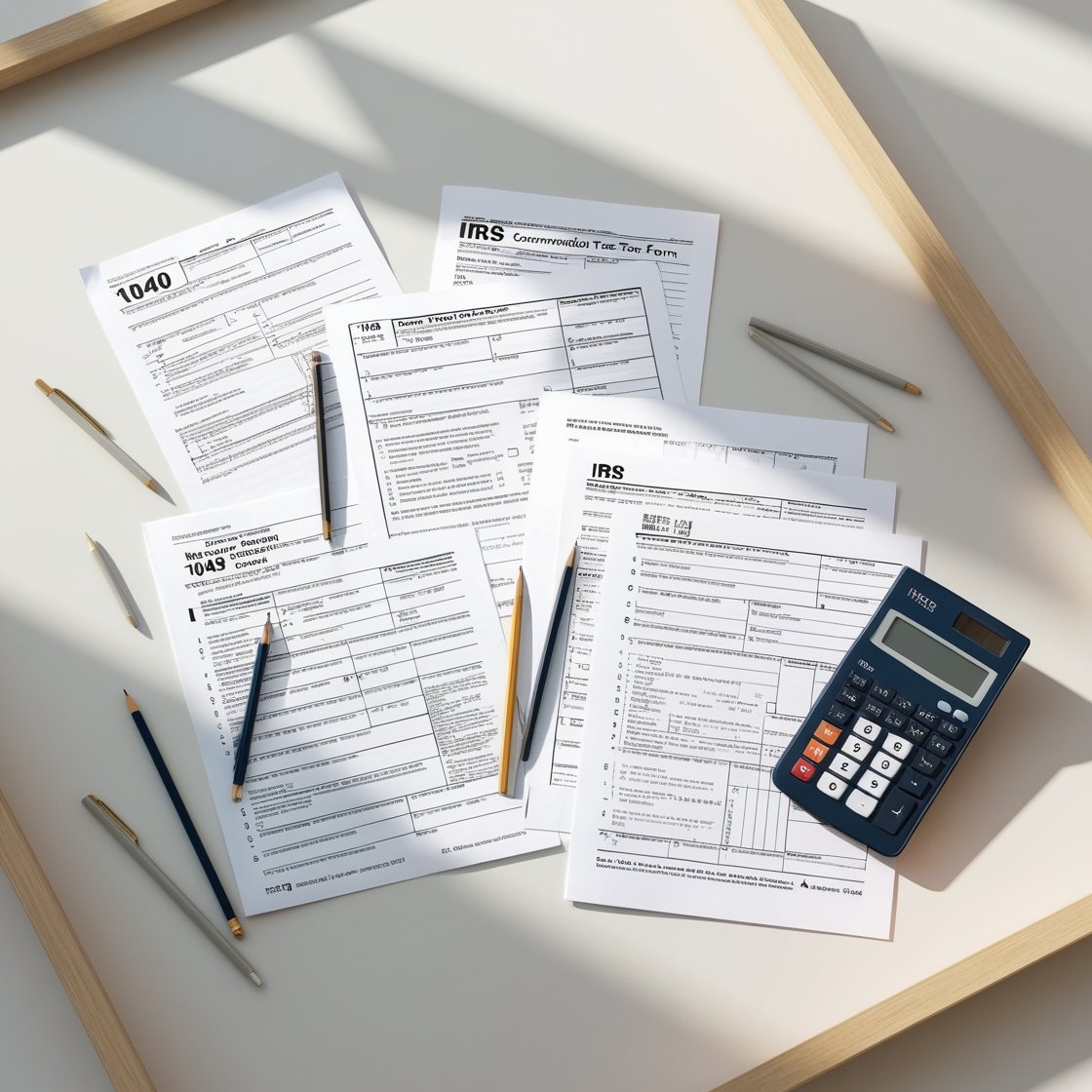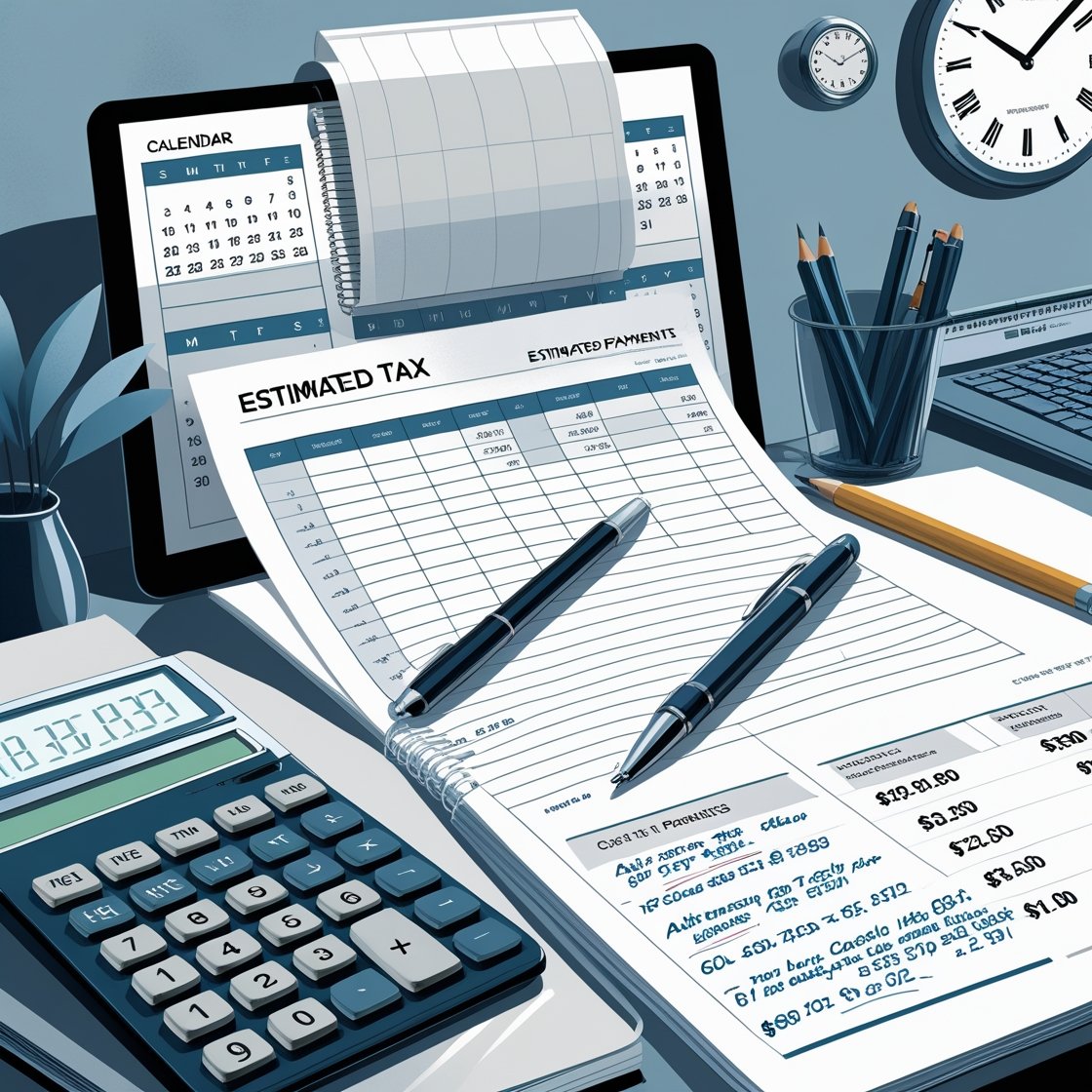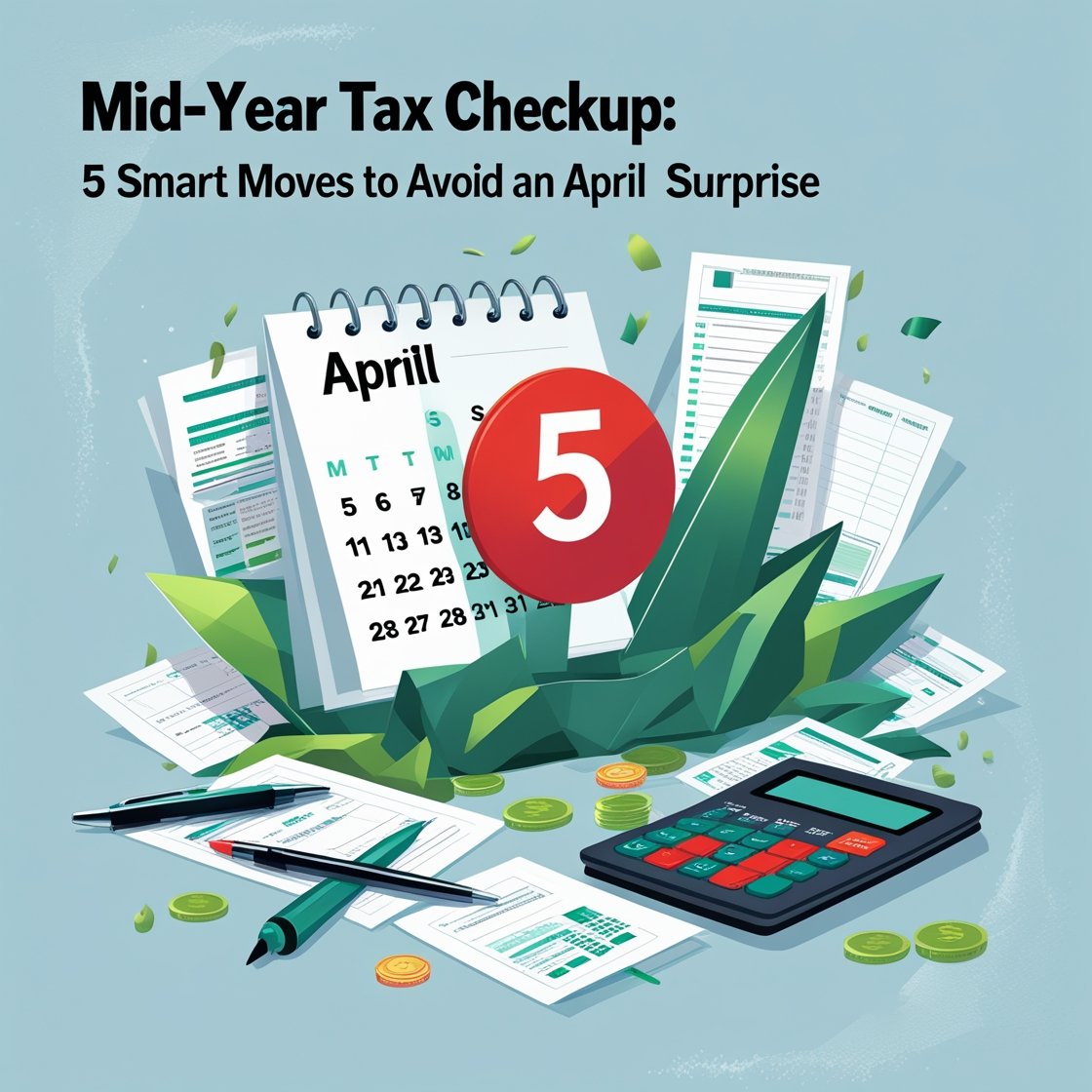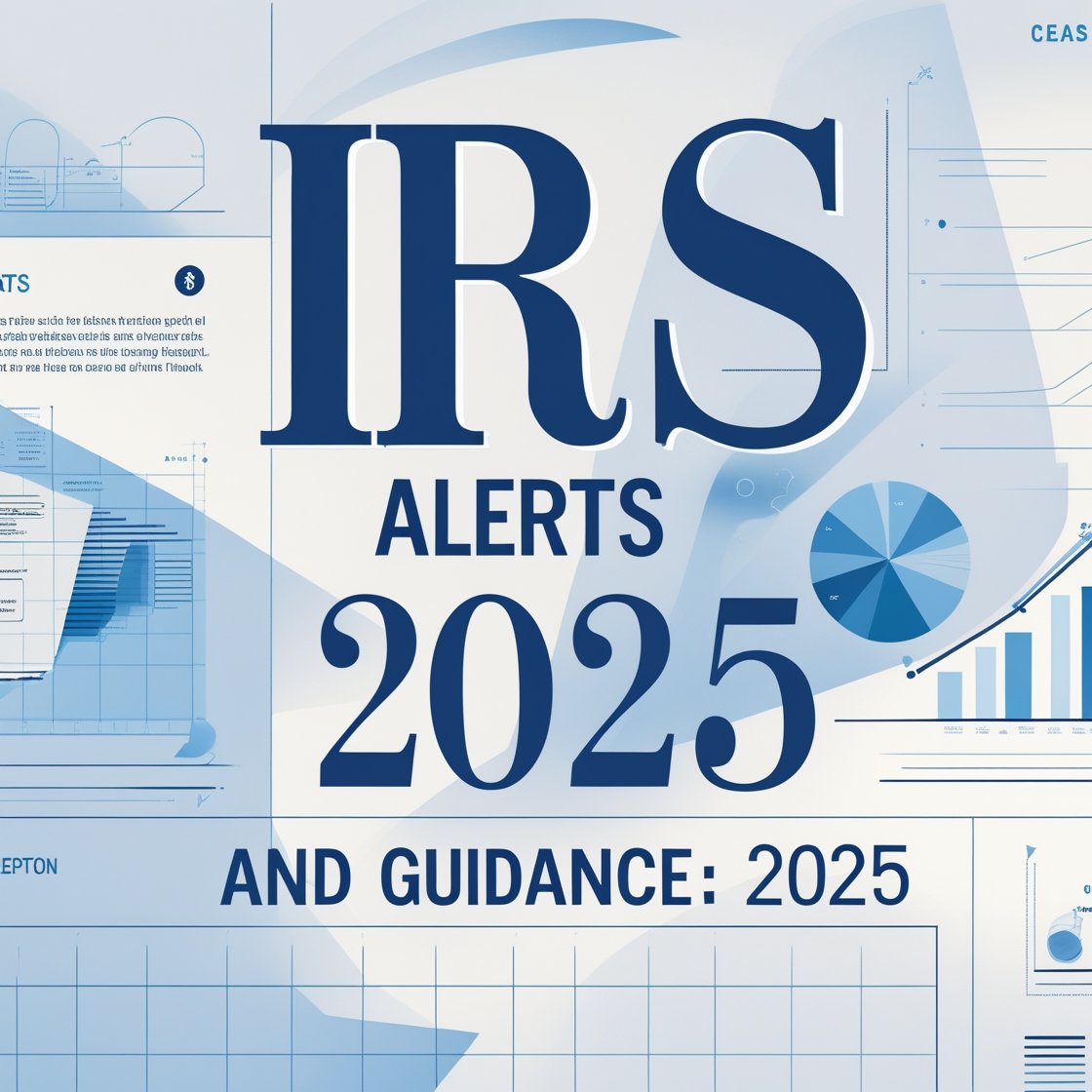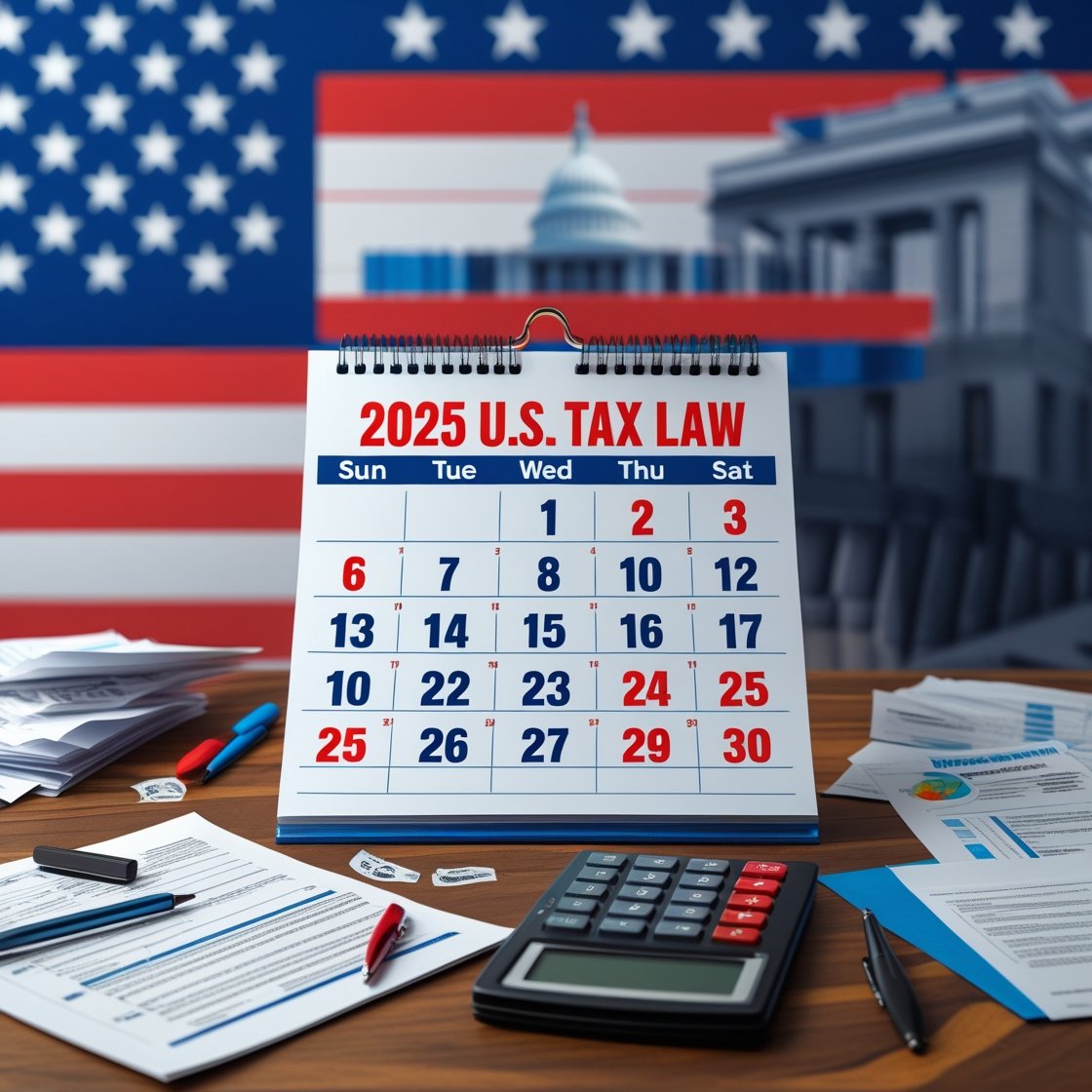Tax season can be daunting, but having a clear understanding of the IRS forms you need can simplify the process. Whether you’re an individual, a freelancer, or a business owner, knowing which forms apply to your situation is key to a successful filing. Here’s a guide to the most common IRS forms and when you’ll need them.
- Form 1040: The Individual Tax Return
Form 1040 is the cornerstone of individual tax filing in the U.S. It’s the form most taxpayers use to report their income, claim deductions, and calculate taxes owed or refunds due.
Variants of Form 1040:
- Form 1040-SR: Designed for seniors aged 65 and older, featuring larger text and a standard deduction chart.
- Form 1040-NR: For nonresident aliens who earned income in the U.S.
- Form 1040-X: Used to amend a previously filed tax return.
- Form W-2: Wage and Tax Statement
If you’re an employee, your employer is required to send you a Form W-2 by January 31 each year. This form details your earnings and the taxes withheld from your paycheck, including federal income tax, Social Security, and Medicare contributions.
- Form 1099 Series: Income from Other Sources
The 1099 series covers various types of income beyond wages. Some common ones include:
- 1099-NEC: For freelancers and independent contractors, reporting nonemployee compensation.
- 1099-MISC: For miscellaneous income such as rent or prize winnings.
- 1099-DIV and 1099-INT: Reporting dividends and interest income from investments.
- 1099-K: For income received through third-party payment processors like PayPal.
- Schedule A: Itemized Deductions
Schedule A is used if you choose to itemize deductions instead of taking the standard deduction. Common deductions include:
- Mortgage interest
- Medical expenses exceeding 7.5% of your adjusted gross income
- State and local taxes
- Charitable contributions
- Schedule C: Profit or Loss from Business
If you’re self-employed or own a small business, you’ll use Schedule C to report business income and expenses. This form allows you to deduct business-related costs, such as office supplies, travel expenses, and advertising.
- Form 8962: Premium Tax Credit
If you purchased health insurance through the Health Insurance Marketplace, you’ll need Form 8962 to reconcile advance payments of the Premium Tax Credit or claim the credit if you qualify.
- Form 1098: Mortgage Interest Statement
Homeowners who paid $600 or more in mortgage interest will receive Form 1098 from their lender. This information is essential if you’re itemizing deductions and want to claim mortgage interest.
- Form W-4: Employee’s Withholding Certificate
While not filed with your tax return, Form W-4 is crucial in determining how much tax your employer withholds from your paycheck. If your withholding is off, you could owe money or receive a smaller refund.
- Form 4868: Application for Automatic Extension
If you need more time to file your taxes, Form 4868 grants you an automatic six-month extension. However, it’s important to note that this extension doesn’t postpone your payment due date.
- Form 8829: Expenses for Business Use of Your Home
If you’re self-employed and use part of your home for business, this form allows you to deduct related expenses, such as utilities and home office equipment.
Tips for Managing IRS Forms:
- Stay Organized: Keep all tax documents in a dedicated folder or digital storage system.
- Double-Check Information: Ensure all forms are accurate and complete to avoid delays or audits.
- Seek Professional Help: If your tax situation is complex, consider consulting a tax professional.

